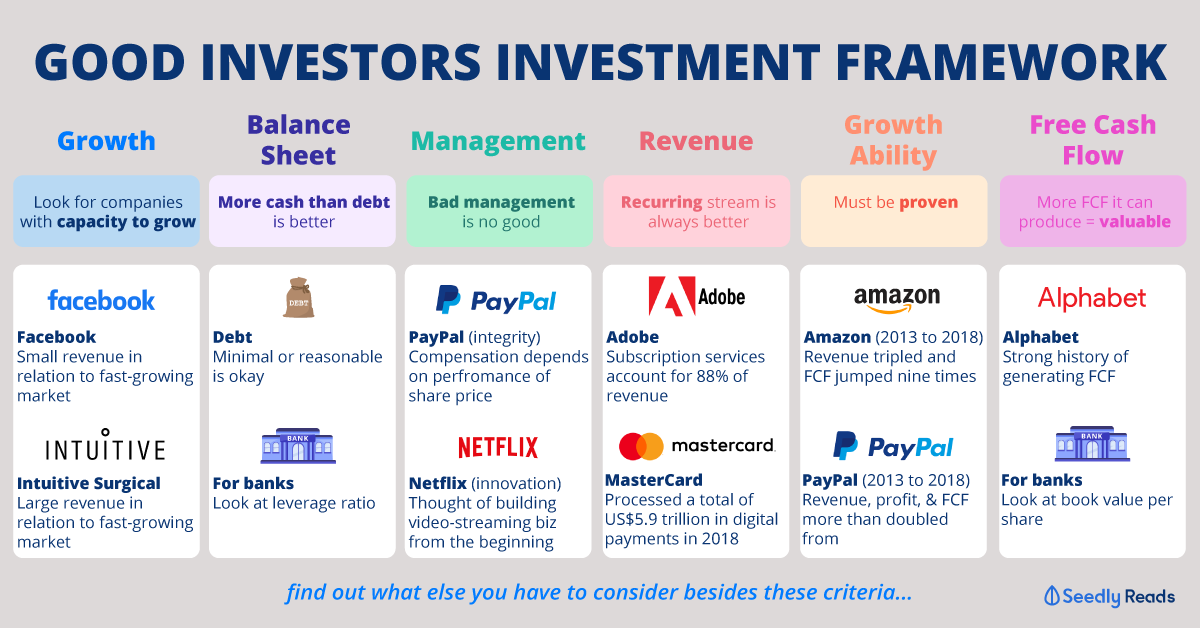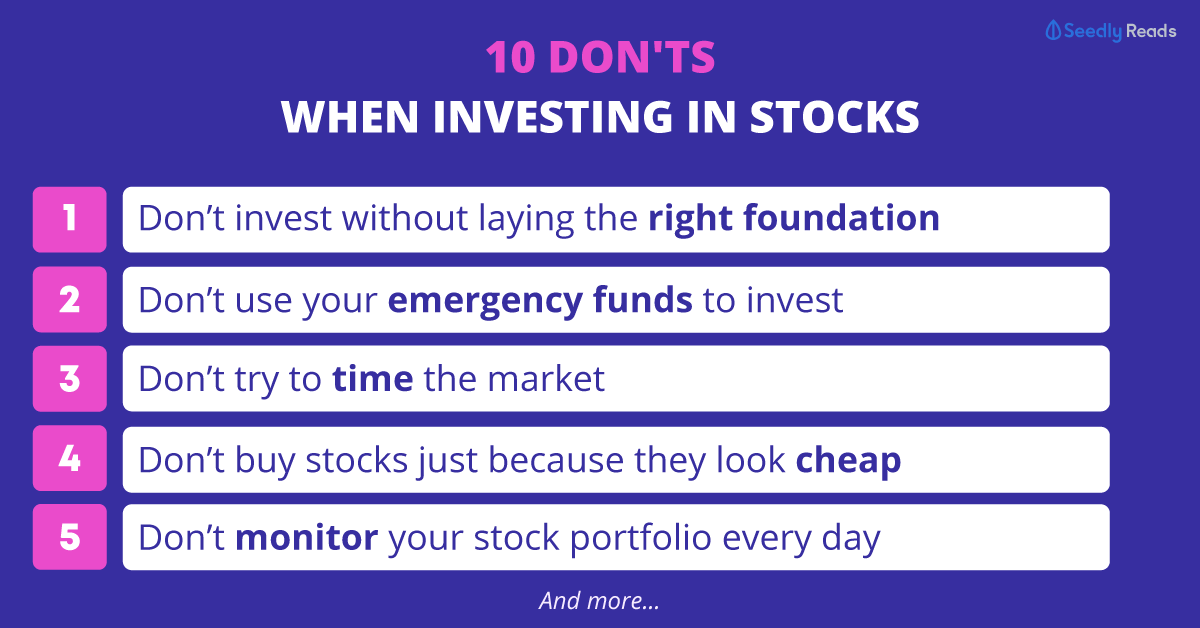Advertisement
Is it possible for passive investing to cause a market bubble?
ETFs and index funds have become really popular even in asset managers' funds. Are big firms getting higher valuations without much review of their fundamentals due to this? Curious whether the recent comment by Michael Burry has raised any concerns amongst community members here!
8
Discussion (8)
Learn how to style your text
Reply
Save
https://www.youtube.com/watch?v=Wv0pJh8mFk0&t=436s
This financial youtuber explain it pretty suinccintly!
Reply
Save
Kelly Trinh
19 Nov 2019
Backoffice technical at financial services firm
Not even sure what to make of this - subprime is a specific class of assets and can make a call on mispricing and profit but passive investing is more of a style/approach into different assets and so underlying reasons for a bubble wouldn't be related to subprime.
Now whether too money into ETF/index funds leading to not enough people looking into valuation is a valid question with some supporters but it is still not very widely held belief and not really tested (and hard to imagine how to test)
Reply
Save
Dhruv Arora
16 Sep 2019
Founder & Chief Executive Officer at Syfe
Michael Burry’s latest comment that he sees a bubble in passive investing has definitely grabbed headlines, but I disagree with his argument that index funds are like the subprime collateralized debt obligations (CDOs) that caused the 2008 financial crisis – i.e. passive investing will cause the next market crash.
Burry is saying that the whole stock market has become over-valued because of "blind" passive investing. However, the stock index is merely a portfolio of underlying stocks. Burry is implying that because it is put together as a passive index portfolio, investors are no longer valuing the underlying securities and are merely blindly buying and causing a growing misvaluation.
But wouldn't short-sellers, e.g hedge funds, take advantage of this by shorting the over-valued underlying stocks? Is he assuming there are no arbitragers in the stock market where "shorting" is relatively easily accessible?
What’s more, CDOs are highly leveraged while index funds, for the most part, are not. The underlying stocks of index funds are listed and can be easily traded whereas the debt securities and derivatives that underlie CDOs are more opaque and not so easily accessible to the general public.
My view is that is passive investing continues to be a solid investment strategy for most people. If you'd like to find out more, do check out our article here: https://www.syfe.com/magazine/everything-you-ne...
Reply
Save
Luke Ho
10 Sep 2019
Founder and Director at CFX Money Maverick Pte Ltd
I wouldn't bet against Michael Burry. Everyone laughed at him and everyone thought he was wrong at t...
Read 4 other comments with a Seedly account
You will also enjoy exclusive benefits and get access to members only features.
Sign up or login with an email here
Write your thoughts
Related Articles
Related Posts
Related Posts
Advertisement









Given the strain on mutual fund managers and companies with the rise of the ETF scene, a lot of arguments are brought forward to discredit the excellent passive indexing ETF idea.
As are also experiments to dilute this idea by creating activ, smart, inverse or leveraged ETFs.
To read different views and arguments against the mentioned hypothesis
You could read here:
https://www.google.com/search?client=firefox-b-...